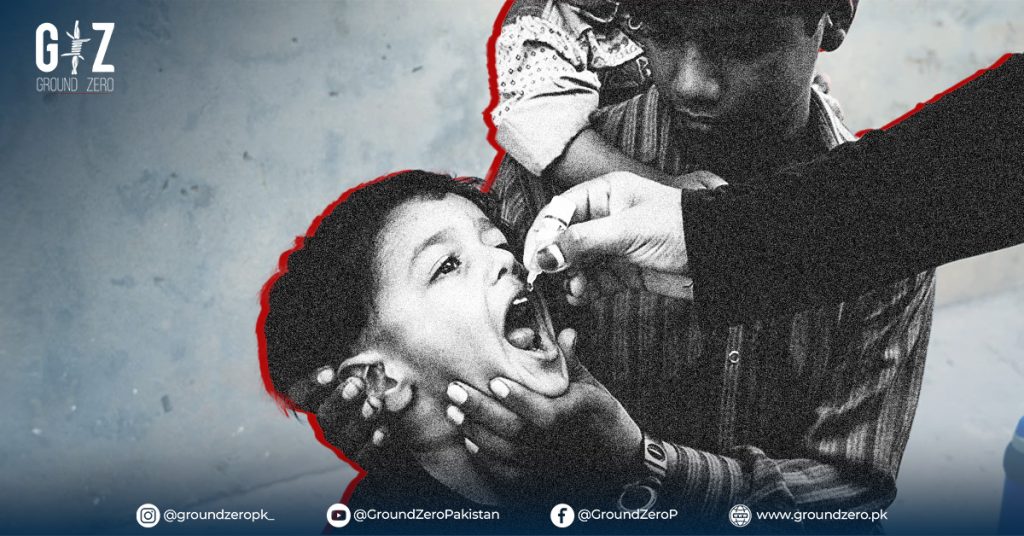Polio Cases in Pakistan Reach 22 as Balochistan Becomes Epicenter
ISLAMABAD: A 30-month-old boy from Pishin, Balochistan, has been diagnosed with polio, raising the total number of polio cases in Pakistan to 22 this year. This case highlights the concentration of polio cases in Balochistan, which is now the epicenter of the outbreak.
According to officials from the Polio Eradication Initiative (PEI), the National Institute of Health confirmed the presence of wild poliovirus type 1 (WPV1) in the child from Pishin. The increasing number of polio cases in Balochistan is alarming, with 15 of the 22 cases in 2024 originating from this province.
For more information on polio outbreaks and health efforts, visit Ground Zero’s health section.
Challenges Facing Polio Eradication in Pakistan
The total number of polio cases in Balochistan includes cases from districts like Qila Abdullah, Quetta, and Dera Bugti. Other provinces like Sindh, Khyber Pakhtunkhwa, Punjab, and Islamabad have also recorded cases this year.
Ayesha Raza Farooq, the Prime Minister’s focal person for polio eradication, expressed frustration over the rising cases, urging parents to vaccinate their children promptly to prevent further spread of the virus. She highlighted the barriers to polio eradication, including vaccine hesitancy, misinformation, and security challenges in conflict-prone areas.
For more on healthcare efforts in Balochistan, read Ground Zero’s Balochistan News.
Security Issues Affecting Vaccination Drives
The fight against polio in Pakistan is further complicated by security concerns, especially in Balochistan. Recently, militants attacked a police team providing security to polio workers near Malangi Morr. Fortunately, the police responded quickly, preventing further casualties, but such incidents have hindered access to vulnerable children in need of vaccination.
To explore more on this topic, read about security concerns for health workers.
Addressing the Gaps in Vaccination Coverage
Another significant issue is the manipulation of vaccination data by frontline workers. Reports indicate that some vaccinators falsify records to meet their targets, making it harder to track unvaccinated children. Muhammad Anwarul Haq, the national coordinator for the Polio Emergency Operations Centre, emphasized the urgency of filling these gaps.
For more insights, visit UNICEF’s page on polio eradication efforts.


